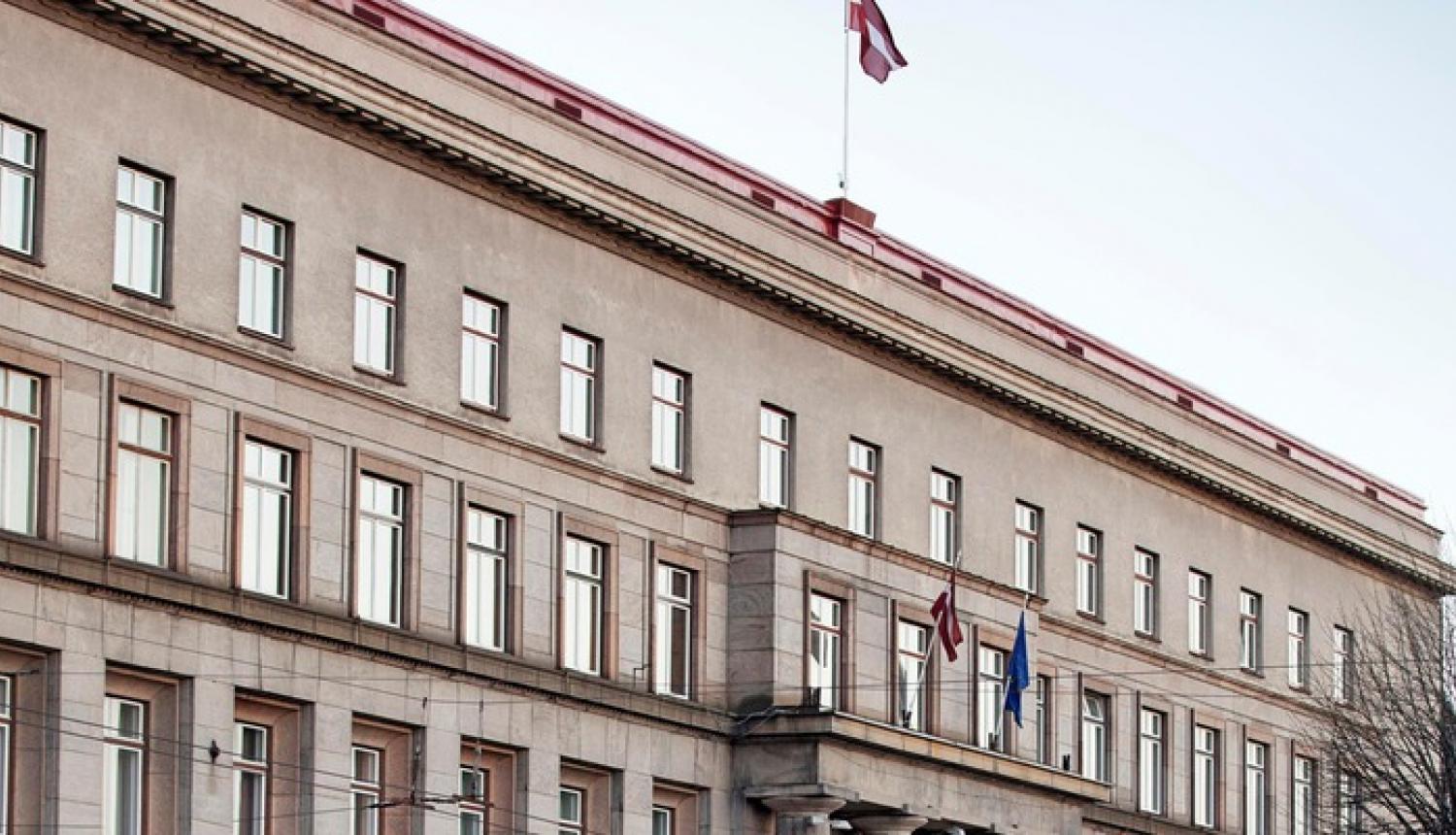In view of the epidemiological assessments of the growing risks of spread of the COVID-19 virus, a national state of emergency will be declared in Latvia, to be in effect between 9 November and 6 December, to introduce strict medical safety measures, while ensuring compliance with the basic rights of the country’s residents, and enabling them to access essential services.
Starting next week, Latvia’s residents will have access to those in-person services that have are particularly important for a healthy and safe day-to-day life, and whose availability cannot be postponed. Given the awareness of the effect that the state-of-emergency measures can have on the economy and the general public, a support mechanism is being developed to support employers, employees and those parts of the public most likely to be affected by the measures introduced to limit the spread of the virus.
During the extraordinary plenary meeting of the Cabinet of Ministers and the Crisis Management Council, it was decided that starting on 9 November, Latvia’s residents will have access to those in-person services that have are particularly important for a healthy and safe day-to-day life, and whose availability cannot be postponed.
Gatherings, entertainment, recreation, sport and food services
All in-person public events (such as theatre and music performances) are cancelled and banned. No more than 10 people, and members of no more than two households may participate in private meetings. No more than 50 people may participate in public gatherings, rallies and political demonstrations. Members of more than two households may attend to a funeral, up to a total of 10 people (not including the individuals conducting the funerary proceedings).
No entertainment events, such as discotheques, may take place. Gambling venues and bars, skating rinks, children’s party venues, entertainment and amusement centres, trampoline parks, playgrounds and child day-care rooms (including those in shopping centres) will be closed. Water entertainment and amusement centres, saunas and spa facilities will be closed. Public natural paths will be available for individual visits; museums, exhibitions, libraries and other cultural venues will remain open. No events will take place at these venues.
No sports events will take place, including competitions, presentations, shows etc. No more than 10 people may participate in outdoor sport practice (not counting the coach). Using changing rooms is not allowed. Indoor, one may only exercise on an individual basis: e.g. coach and one client, or coach and people from one household. There must be at least 10 square metres of indoor space per person. Athletic venues and sports clubs will close by 22:00.
The competitions for adult scheduled by International Olympic sports federations, and the competitions of international and high-level team sports leagues will take place without audiences, and only adult professional athletes will be allowed to participate in such competitions.
Food service venues may only serve food as take-out, except for those in educational institutions, at workplaces and at the Riga airport.
Availability of services, shopping venues and working hours
The services of national and local government bodies will be provided remotely or subject to prior appointment. Beauty, piercing and tattoo parlours will be closed; hairdresser services will be allowed, subject to prior appointment and maintaining a 2-metre distance between the clients.
On weekends and official holidays, only grocery stores, pharmacies, veterinary pharmacies, animal feed shops, book shops, newspaper and magazine shops, optician’s, hygiene and household product stores, telecommunication service and product providers.
In shopping venues, there must be 10 square metres of space per visitor, and visitors must wear masks. Masks must also be worn in outdoor markets and in other outdoor shopping areas.
Shopping centres are defined as buildings equipped for providing continuous and regular retail services, with a total retail space of at least 10,000 square metres, or with a total of at least 10 retail workers or service providers employed in its individual retail outlets.
The working hours for cultural venues (which may only be attended on an individual basis), exhibitions, churches and other religious facilities will be reduced to 6:00–20:00.
Education and other fields
The teaching for Year 1—6 pupils will be in person. Preschool and special education facilities, child day-care facilities will remain open. Year 7—12 pupils, university students, and those engaged in professional training and adult education will study remotely (except for practical classes). Children’s camps, interest-based education, professional education programmes and amateur artist and other creative group rehearsals will be discontinued (except for private sessions and if the people involved are from the same household).
For the duration of the state of emergency, additional regulations will be introduced for the arrangement of judicial proceedings, family court proceedings, social welfare institutions and social service providers that provide social services with full or partial accommodations, prison facilities, overtime work etc.



